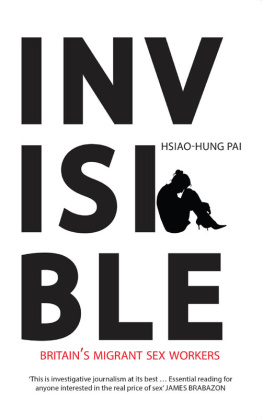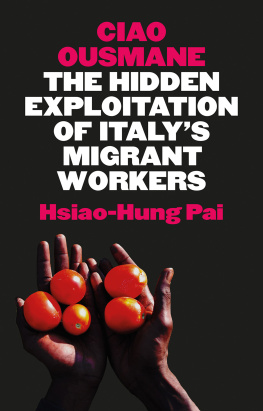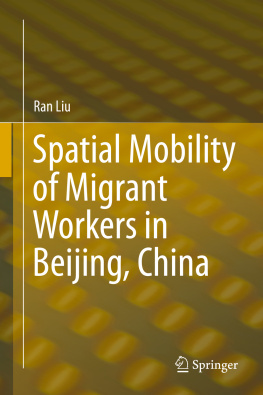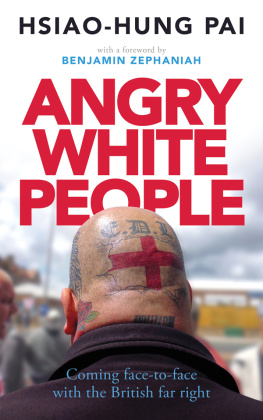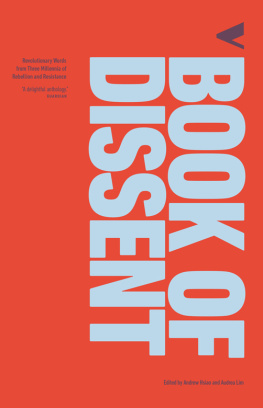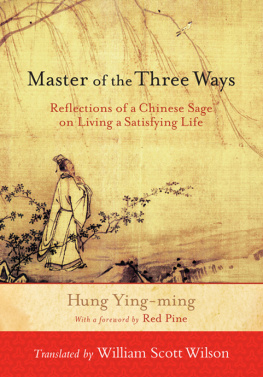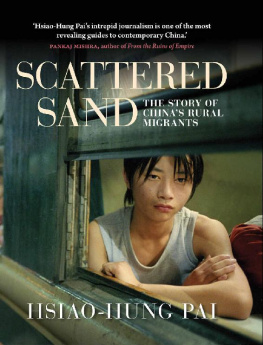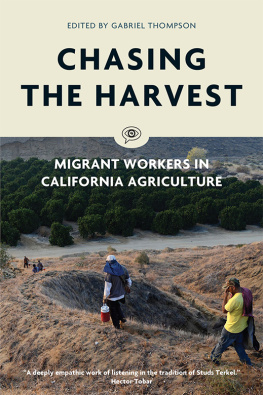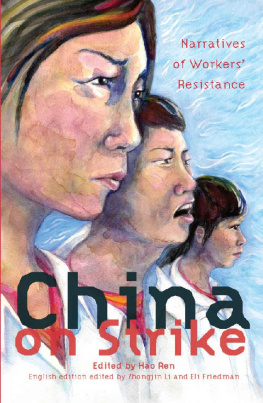INVISIBLE
Britains Migrant Sex Workers
Hsiao-Hung Pai

Hsiao-Hung Pai is a Taiwanese-born writer and journalist. She is the author of Chinese Whispers: The True Story Behind Britains Hidden Army of Labour, which was shortlisted for the 2009 Orwell Prize, and Scattered Sand: The Story of Chinas Rural Migrants. Pais report on the Morecambe Bay tragedy for the Guardian was adapted into Nick Broomfields film Ghosts. Her undercover work for Invisible also forms much of the basis for a documentary made by Broomfield for Channel 4. She lives in London.
http://hsiaohung.squarespace.com
This is investigative journalism at its best. Fearless, rigorous and compassionate, Invisible is a shocking expos of Britains shadow world of sex slaves that enthrals and shames by turn. A master storyteller, Hsiao-Hung Pai opens a door onto one of the most secretive and least understood communities in the UK. Essential reading for anyone interested in the real price of sex.
James Brabazon, author of My Friend the Mercenary
Hsiao-Hung Pai has done it again; she went undercover, smelled the breath of violence, cried hidden in a brothel bathroom and videotaped the underworld of pimps and madams who profit from the enslavement of women in need. To navigate the sex trade of Chinese women in the UK with Invisible is to feel the desperation of thousands of women who enter sex work as the only option for survival Invisible seeks to deflate the myth of sex work as a free choice for migrant women.
Lydia Cacho, author of Slavery Inc.
A profound, disturbing and compassionate account of the tragic lives of women migrant workers who live and suffer in our midst Once read there is no place for denial or complacency they can be invisible no longer
Helen Bamber OBE
This book is dedicated
to all migrant women workers in their struggle
Contents
Authors Note
This book is a work of non-fiction. All names have been changed to protect individual identities.
Introduction
Why are you so interested in sex and sex work? Why do you want to write about it? These are questions Ive been asked many times while working on this book.
Actually, sex work was not one of the occupations I was looking at when I started researching my first book, Chinese Whispers, which explores the lives of undocumented Chinese migrants working in Britain. I talked to and visited migrants working on salad farms and construction sites and in food factories, restaurants and takeaways. At the time this was around 2005 there had always seemed more Chinese men than women in these workforces, but every now and then I heard stories, told mostly by men in private conversations, about Chinese women entering the sex trade.
As my workplace research progressed, I noticed a rise in the number of women I was seeing. I was told by migrants themselves that the proportion of female migrant workers is now around 20 per cent, compared with 10 per cent at the beginning of the twenty-first century. This is indicative of a well-recognised trend towards the feminisation of migration resulting from increasing poverty and structural inequality in the global economy. And it is a trend thats growing.
Chinas increased participation in the global market-place during the past three decades has changed the position of women beyond recognition: privatisation of public services has pushed them back into the carer role within the family, while at the same time the dismantling of state-owned enterprises and privatisation of national industries have made millions of working women jobless and marginalised in the job market, pushing them to find alternative means to feed their families.
As in the former Soviet-bloc countries, economic liberalisation has been accompanied by a boom in the sex industry in China. Sex tourism has flourished alongside a growing eroticisation of popular culture and commodification of sexuality, particularly over the past two decades. Women have once again become objectified and second-class much more so than ever before. While economic reform has created new opportunities for some, working-class women and women from rural China particularly have seen their status degraded in the transformation.
During the last decade, as migration has continued to feminise globally, we have seen ever more migrant women filling the lowest-paid British jobs. In the course of my research, I began to hear more and more stories of what was happening to migrant women as the most vulnerable group of workers in a variety of workplaces. I heard of cases of sexual harassment of waitresses and kitchen workers. I became acquainted with a Chinese single mother who was raped while working as a nanny in Birmingham. She told me she wasnt the only one. I listened to the stories of Filipino and Indian domestic workers who suffered from abuse behind closed doors in the households of celebrities and wealthy businessmen. I also met new arrivals from Romania and Bulgaria and learned how these women struggled through low-paid work and gender discrimination in the hospitality industry. Some of them have discovered Britains trade unions and become members, but the majority fight their battles in isolation.
Then, in 2006, while working undercover as a leek picker in Northamptonshire, I befriended a woman who told me she worked as a maid in a brothel when there was no farm work available. She had been robbed before during a raid by a local gang, but that experience didnt deter her from returning for more work in other brothels. She introduced me to a precarious world in which migrant women have found themselves trapped, one in which sex work stood out as the employment option with the highest potential rewards but also the highest risks to womens personal safety and well-being.
After completing Chinese Whispers, I decided to investigate further. Invisible is the result. I began my background research by contacting the London-based British organisations that promote health care and health awareness in the sex industry. These groups were finding it hard to reach migrant sex workers, there being no migrant community organisations working with them and also a great deal of prejudice towards them from their own communities.
Through my contacts in the migrant communities, I learned more about the industry and was introduced to a number of people working in it. I discovered that there are 80,000 sex workers in the UK, 20,000 of whom are migrants. In the EU, research into the sex industry conducted by the Amsterdam-based TAMPEP project, among others, has found that the number of nationalities has increased over the years, from at most thirteen during 19934 to sixty in 2008. This is a clear indication that the number of migrant sex workers has grown and that the industry has been highly ethnicised.
I also learned that in 2000 there were already up to half a million migrant women working without documents as sex workers in EU countries. That number has undoubtedly grown since then as such underground work has attracted increasing numbers of migrant women, despite its risks and social stigma, largely due to their illegal immigration status.
The social stigma attached to sex work makes research difficult. In the British Chinese communities, for instance, sex workers are subject to a great deal of contempt and discrimination and prostitution is treated as a taboo subject, even though sex is sold in every town and city across the country. Understandably, few sex workers are willing to share their stories without trust and the guarantee of confidentiality. And trust takes time to build. This was why, initially, I relied on my existing contacts for introductions. This way, I got to know Ming, a courageous Chinese single mother who was reserved, dignified and kind. And through her, I became acquainted with others working in the trade.

